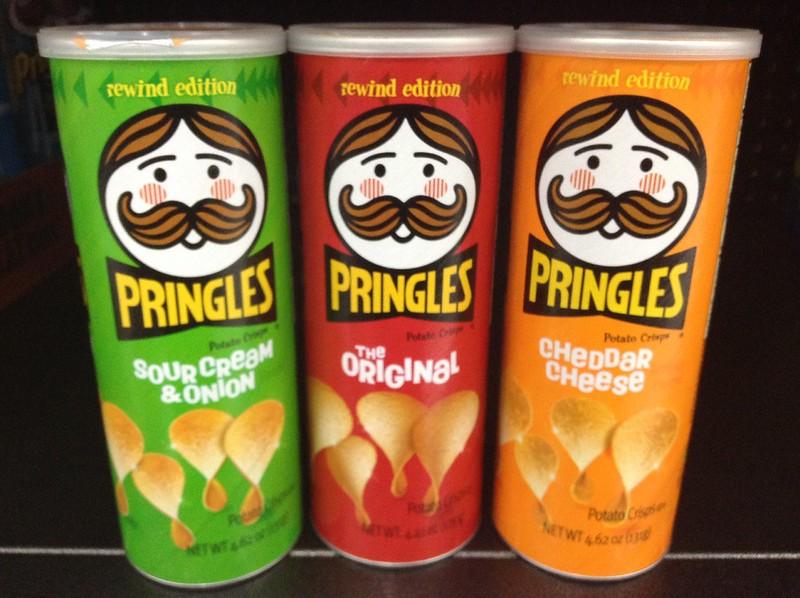Pringles Invests €100m In New Carton Potato Chip Packaging
Kellogg-owned Pringles has invested €100 million in the development of new fully recyclable packaging for its popular potato chips.

The fully-recyclable paper tube was designed in the company’s Mechelen R&D centre, in Belgium, which also houses one of the snack producer’s largest factories, producing 104,000 tonnes of chips per year, which are sold in 80 countries worldwide.
Researchers spent almost five years developing the new packaging, the company said.
Commencing this month, the famous Pringles potato chip tubes will gradually have their steel base replaced by a paper-cardboard end, making them fully recyclable.
Not only does the paper-cardboard basw lighten the tube by five grams, it also requires less water, emits 40% less CO2 and costs less, the company added.
To protect the potato chips from oxygen and guarantee a shelf life of 15 months, a thin layer of aluminium has been added to the cardboard base.
Researchers also investigated the possibility of replacing the plastic lid with a cardboard lid, but concluded that plastic is still the most efficient material on the production line and costs half as much.
Once the new technology is fully operational, the new machines will be able to produce more than a billion chip tubes a year.
This move towards lower-pollution packaging is part of a global sustainability program launched by Pringles a few years ago.
The brand’s owner, Kellogg, intends to reduce its own CO2 emissions by 45% by 2030.
Related news
Fashion, drones and sustainability – the new face of agriculture at the AgriTech InnoExpo event
🎧 Hallgasd a cikket: Lejátszás Szünet Folytatás Leállítás Nyelv: Auto…
Read more >ESG: the majority don’t ask for postponement, preparedness level is increasing
🎧 Hallgasd a cikket: Lejátszás Szünet Folytatás Leállítás Nyelv: Auto…
Read more >Related news
Pálinka, my love…
🎧 Hallgasd a cikket: Lejátszás Szünet Folytatás Leállítás Nyelv: Auto…
Read more >









